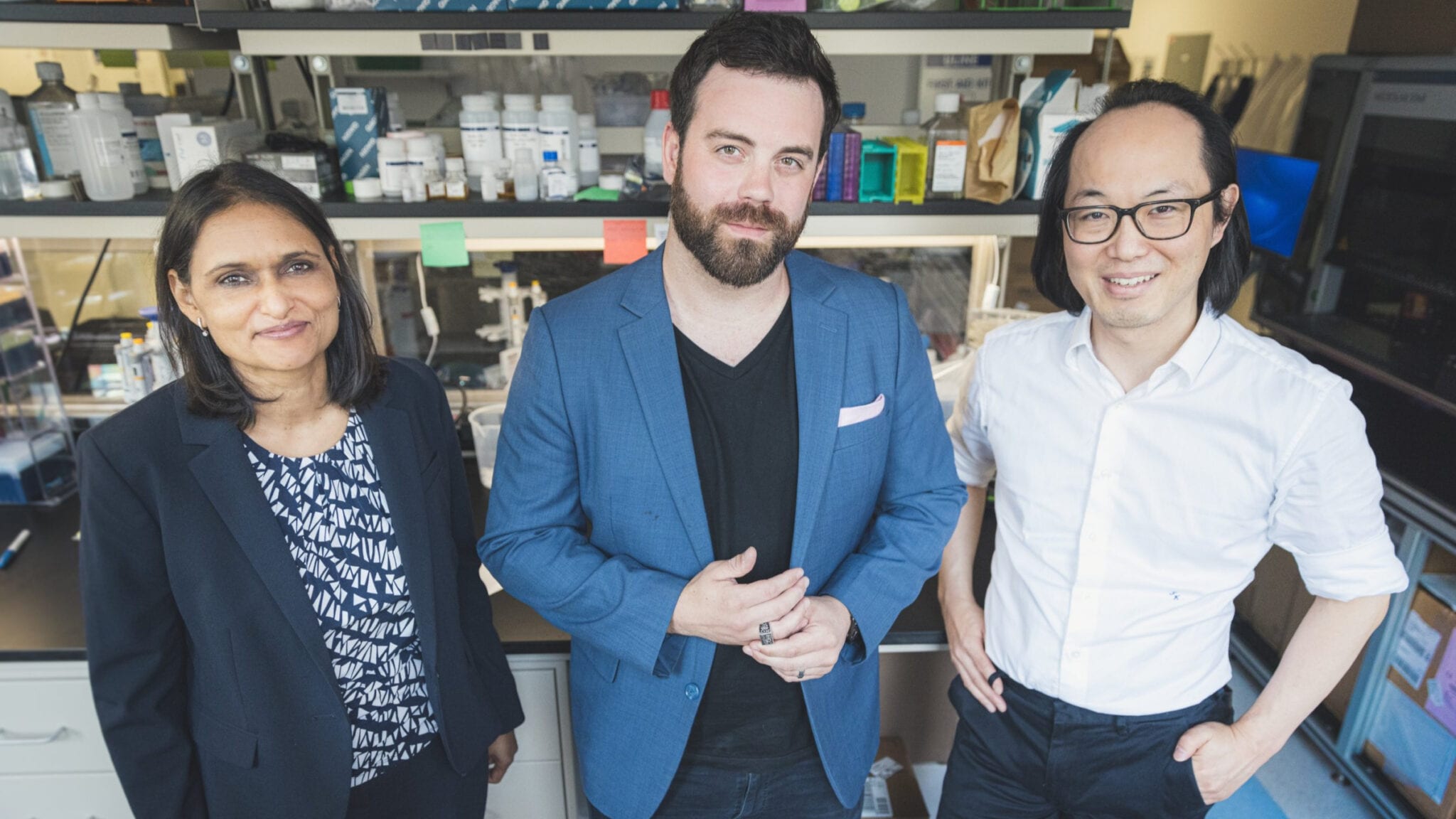
A pair of former MIT researchers think they've unlocked the next generation of mRNA using synbio 'logic circuits'
The time of mRNA is in full swing as Moderna and Pfizer/BioNTech have blown the doors off the field. But in drug developers’ eyes, current-gen mRNA vaccines are just an appetizer to the full course of therapeutics further down the menu — at least that’s what two former MIT researchers with synthetic biology roots are gambling on.
Strand Therapeutics emerged from stealth Wednesday with a $52 million Series A to advance its pipeline of programmable, self amplifying mRNA therapies initially targeted at solid tumor immuno-oncology, the biotech said.
Unlock this article instantly by becoming a free subscriber.
You’ll get access to free articles each month, plus you can customize what newsletters get delivered to your inbox each week, including breaking news.